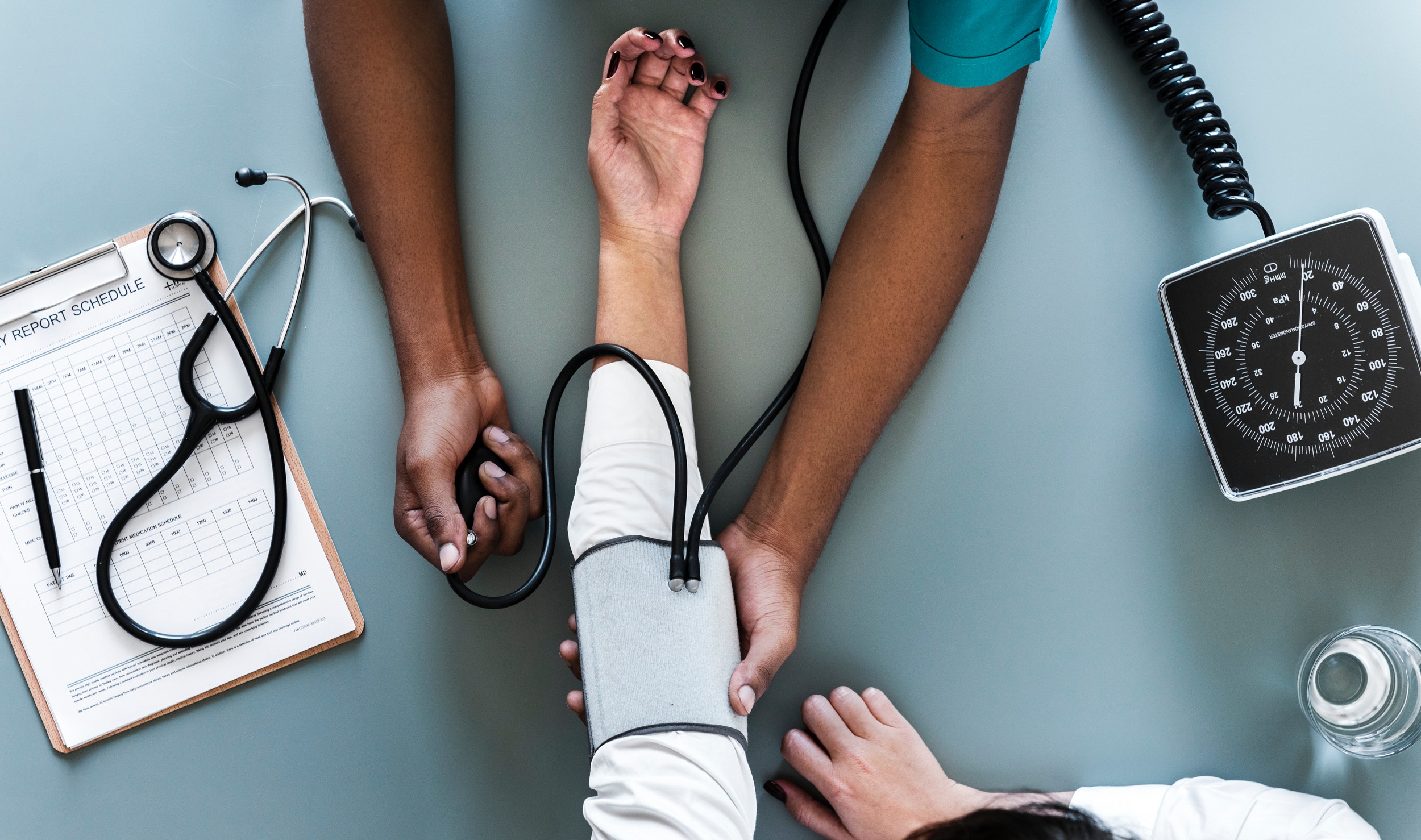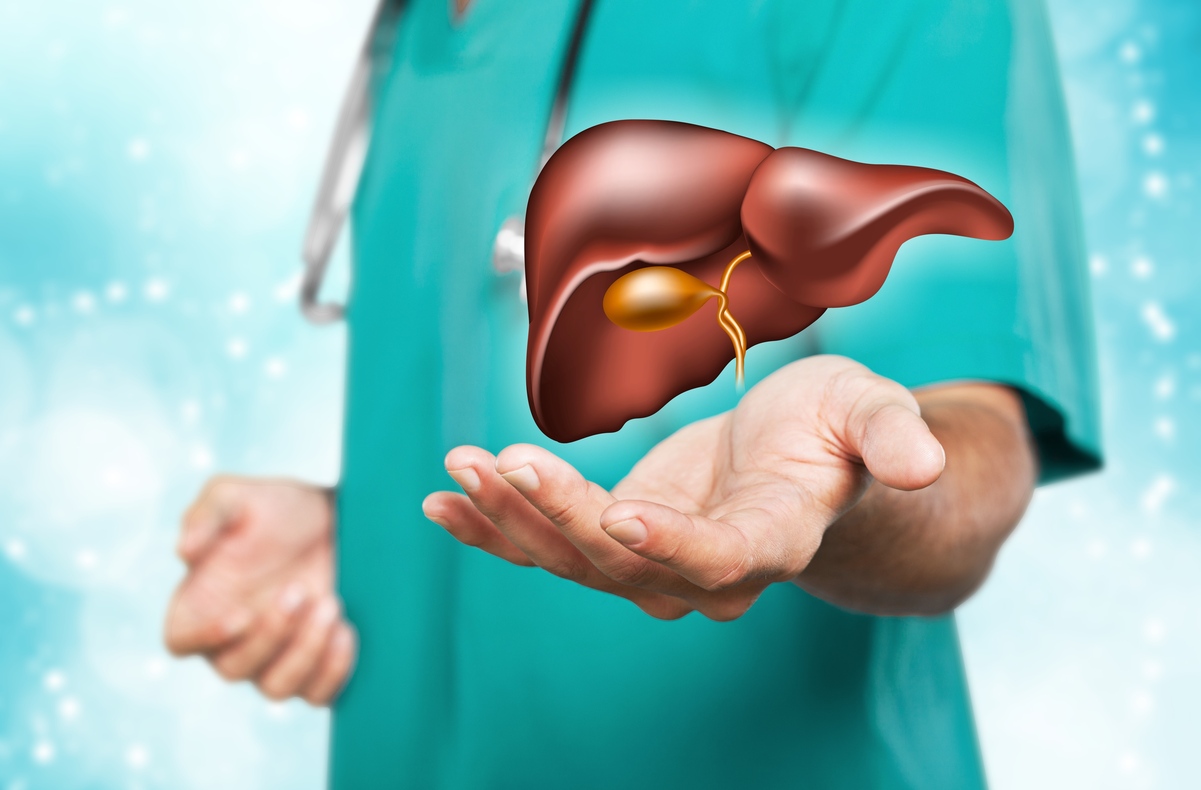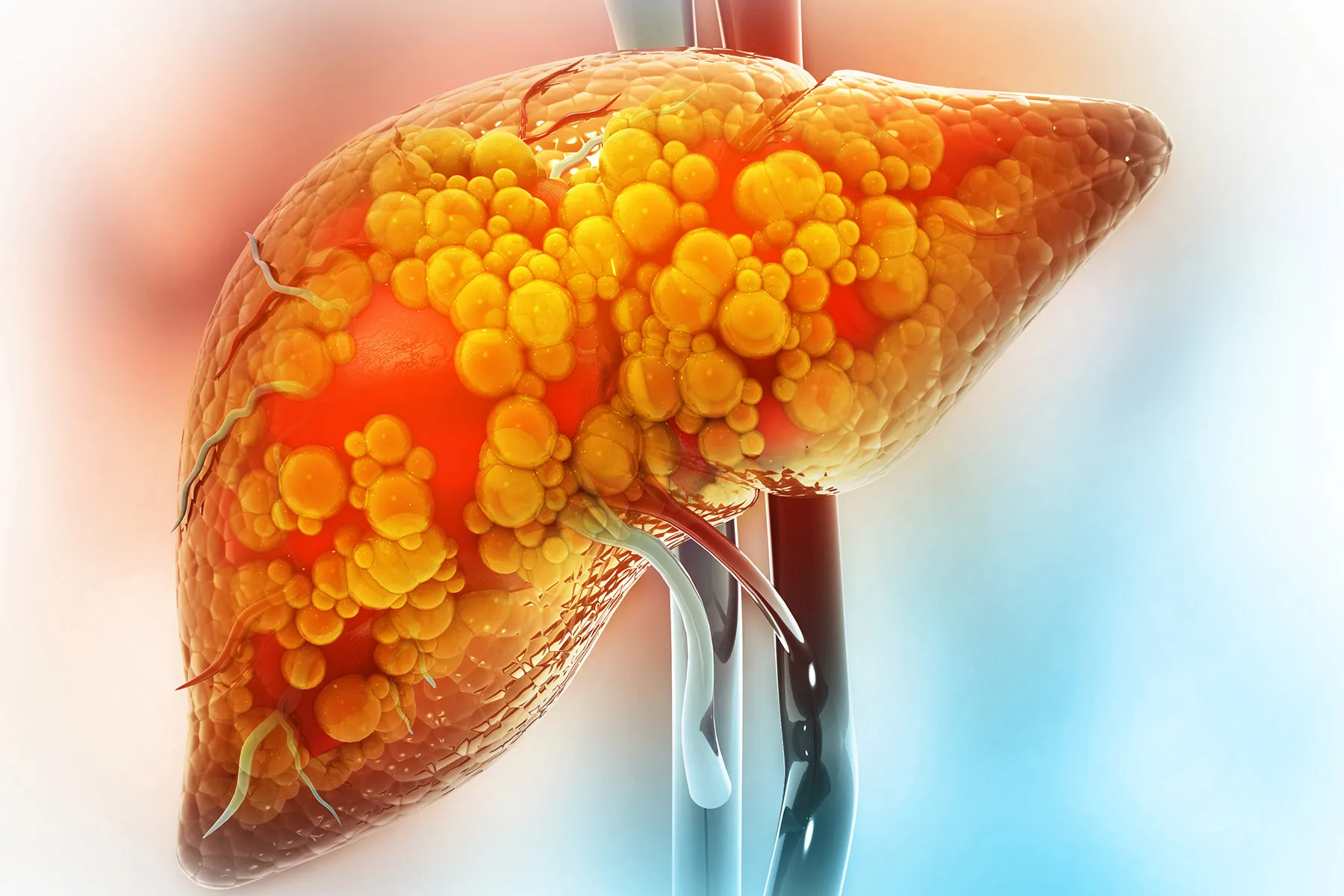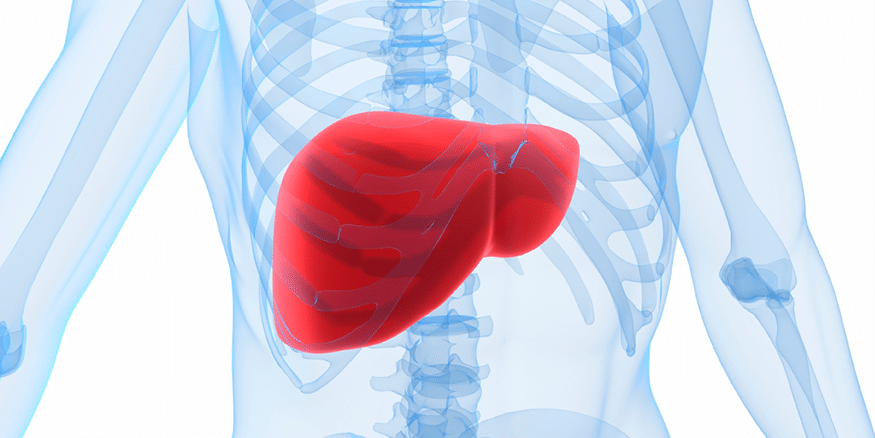High blood pressure occurs when blood flows through the arteries with excessive force, which can damage blood vessels. According to the American Heart Association , a blood pressure reading of less than 120/80 mm Hg is considered normal. While medications can help lower high blood pressure, various lifestyle changes can also be effective in managing it at home.

1. Start a Regular Exercise Routine
Staying active is a key component of a healthy lifestyle. Regular physical activity helps lower blood pressure, improves mood, strengthens muscles, and enhances balance. It also reduces the risk of developing diabetes and certain types of heart disease .
If you’ve been inactive for a while, consult your doctor about a safe exercise routine . Start slowly and gradually increase the intensity and frequency of your workouts. Not a fan of the gym? Try home workouts, walking, jogging, or swimming. The key is to keep moving!
2. Follow the DASH Diet
Following the Dietary Approaches to Stop Hypertension (DASH) diet can lower systolic blood pressure by up to 11 mm Hg. The DASH diet includes:
- Eating fruits, vegetables, and whole grains as often as possible.
- Choosing low-fat dairy, lean meats, fish, and nuts.
- Limiting high-saturated fat foods like processed foods, full-fat dairy, and fatty meats.
3. Limit Salt Intake
Reducing sodium intake is crucial for lowering blood pressure. In some people, consuming too much sodium causes fluid retention, leading to a sharp increase in blood pressure. The American Heart Association recommends limiting sodium intake to 1,500–2,300 mg per day, which equals about ½ to 1 teaspoon of salt.
4. Maintain a Healthy Weight
Weight and blood pressure are closely linked. For individuals who are overweight or obese, losing even 10 pounds (about 4.5 kg) can help lower blood pressure. Additionally, monitoring waist circumference is important:
- Males should aim for a waist measurement of less than 40 inches (102 cm).
- Females should aim for less than 35 inches (89 cm).
:max_bytes(150000):strip_icc()/GettyImages-155142734-ce900b10fafd4457adad66afa265f8f9.jpg)
5. Quit Smoking If You Smoke
Each cigarette temporarily raises blood pressure for several minutes. Regular smoking can cause sustained high blood pressure and significantly increases the risk of heart disease and stroke .
6. Limit Alcohol Consumption
Drinking in moderation may have some health benefits, such as red wine potentially supporting heart health. However, excessive alcohol consumption can lead to high blood pressure and reduce the effectiveness of some blood pressure medications.
The American Heart Association recommends:
- Males should limit alcohol to two drinks per day.
- Females should limit alcohol to one drink per day.

7. Practice Relaxation Techniques
Modern life is stressful, and excessive stress can raise blood pressure over time. Effective relaxation techniques include:
- Deep breathing: Helps send relaxation signals to the brain.
- Meditation: Mindfulness meditation can help manage stress.
- Yoga: Yoga combines breathing exercises and stretching to support lower blood pressure.
Conclusion
If left untreated, high blood pressure can lead to severe health complications, such as stroke , heart attack , and kidney damage . Regular blood pressure monitoring and adopting a healthy lifestyle—including reducing salt intake, staying active, and managing stress—can help control blood pressure levels.
If you have been diagnosed with high blood pressure, consult your doctor to create a personalized treatment plan!












